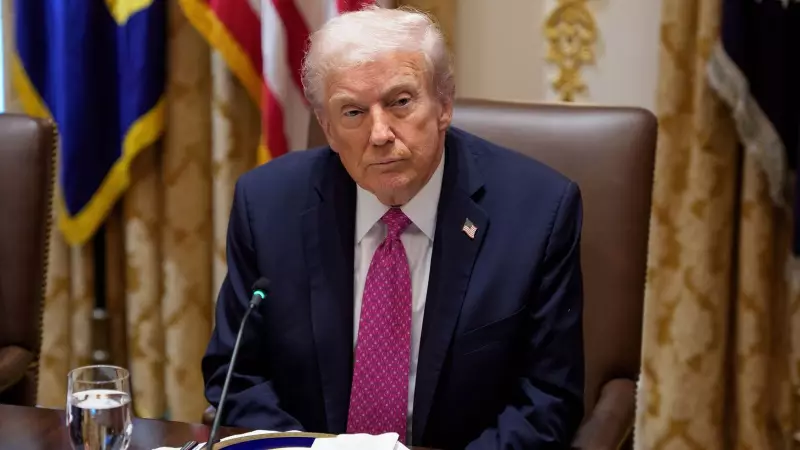
In a strategic move that could reshape the technological landscape, the Trump administration is actively negotiating to take equity positions in multiple quantum computing companies. This unprecedented step represents a significant escalation in the government's efforts to safeguard critical emerging technologies from foreign competitors.
National Security Takes Center Stage
The discussions are being conducted under the authority of the Defense Production Act, a Cold War-era law that grants the federal government broad powers to direct private industry for national defense purposes. While typically used for manufacturing priorities, applying it to acquire equity stakes in private technology firms marks a dramatic expansion of its use.
The China Factor in Quantum Race
Quantum computing has emerged as a critical battleground in the ongoing technological cold war between the United States and China. These advanced computers possess the potential to break current encryption standards, develop new materials, and solve complex problems that are impossible for today's supercomputers. The administration's move reflects growing concerns that Chinese investment and intellectual property theft could give Beijing an unbeatable advantage in this transformative technology.
How the Equity Stake Plan Would Work
The proposed arrangement would see the US government becoming a partial owner in selected quantum computing firms through various mechanisms:
- Direct equity investments in exchange for funding
- Warrants that can be converted to ownership stakes
- Preferred stock positions with specific rights
- Board observation rights without full control
This approach differs significantly from traditional government contracts or grants, creating a more permanent relationship between the companies and federal authorities.
Industry Reaction and Implications
While specific company names remain confidential, industry sources indicate mixed reactions. Some quantum startups welcome the potential funding and government backing, while others express concerns about increased bureaucracy and potential interference in commercial operations.
The move also raises questions about the long-term role of government in private technology development and whether this represents a new model for protecting other critical technologies like artificial intelligence and biotechnology.
As the quantum computing race intensifies globally, the Trump administration's bold equity stake proposal signals that the United States is prepared to use unconventional methods to maintain its technological supremacy and protect national security interests in an increasingly competitive world.





